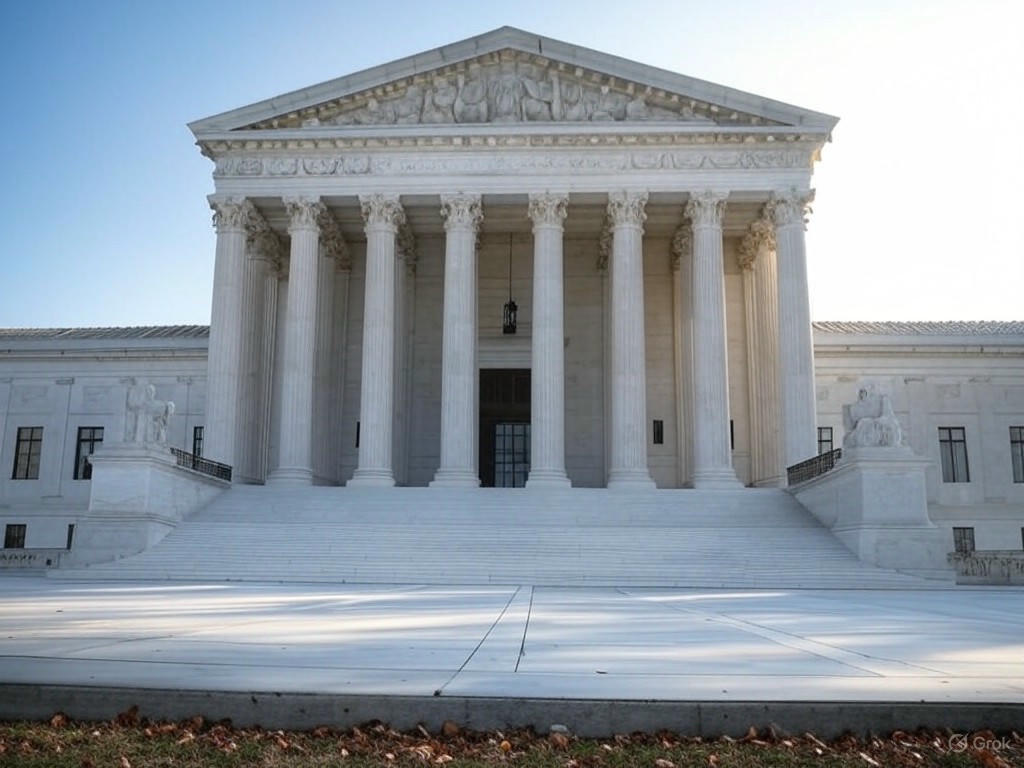Toy Makers Take on Trump Tariffs: A Supreme Court Showdown
In a bold move that could reshape international trade dynamics, two family-run toy businesses have petitioned the U.S. Supreme Court to challenge the extensive tariffs imposed during Donald Trump’s presidency. These tariffs, which targeted a wide range of imported goods, have long been a point of contention for small and medium-sized enterprises reliant on global supply chains. The case, now awaiting the justices’ decision on whether to hear it, marks a pivotal moment in the ongoing debate over protectionist policies and their impact on American businesses.
The toy companies argue that the tariffs, designed to shield domestic industries from foreign competition, have instead burdened them with skyrocketing costs. Importing materials and finished products from overseas has become prohibitively expensive, forcing these businesses to either absorb the losses or pass the costs onto consumers. For family-owned firms with limited financial buffers, this has meant slashed profit margins and, in some cases, layoffs. Their legal challenge contends that the tariffs overstep executive authority and lack sufficient justification, disproportionately harming smaller players in the market while failing to deliver the promised economic boost to U.S. manufacturers.
This dispute is not just about toys; it carries far-reaching implications for the broader economy. The tariffs in question affect billions of dollars in goods annually, spanning industries from electronics to apparel. If the Supreme Court agrees to take up the case, its ruling could set a precedent for how much power the executive branch wields in imposing trade barriers. Economists are divided on the issue, with some warning that scrapping the tariffs could flood the market with cheap imports, while others argue that easing restrictions would lower consumer prices and stimulate economic growth. Meanwhile, international partners, particularly in Asia and Europe, are closely watching the outcome, as a reversal could signal a shift toward more open trade policies from the United States.
For the toy companies at the heart of this legal battle, the stakes couldn’t be higher. They represent countless other small businesses grappling with the ripple effects of trade wars initiated years ago. A favorable ruling could provide much-needed relief, allowing them to compete on a more level playing field. However, if the court declines to hear the case or upholds the tariffs, it may cement a challenging status quo for importers, potentially reshaping the landscape of American retail for years to come.
As the nation awaits the Supreme Court’s decision, this case serves as a reminder of the delicate balance between protecting domestic interests and fostering global economic ties. It underscores the real-world consequences of policy decisions made in Washington, which often reverberate through the lives of everyday entrepreneurs and consumers. Whether this challenge sparks a broader reevaluation of trade strategy or reinforces existing barriers, its outcome will likely leave a lasting mark on the intersection of law, business, and international commerce.


